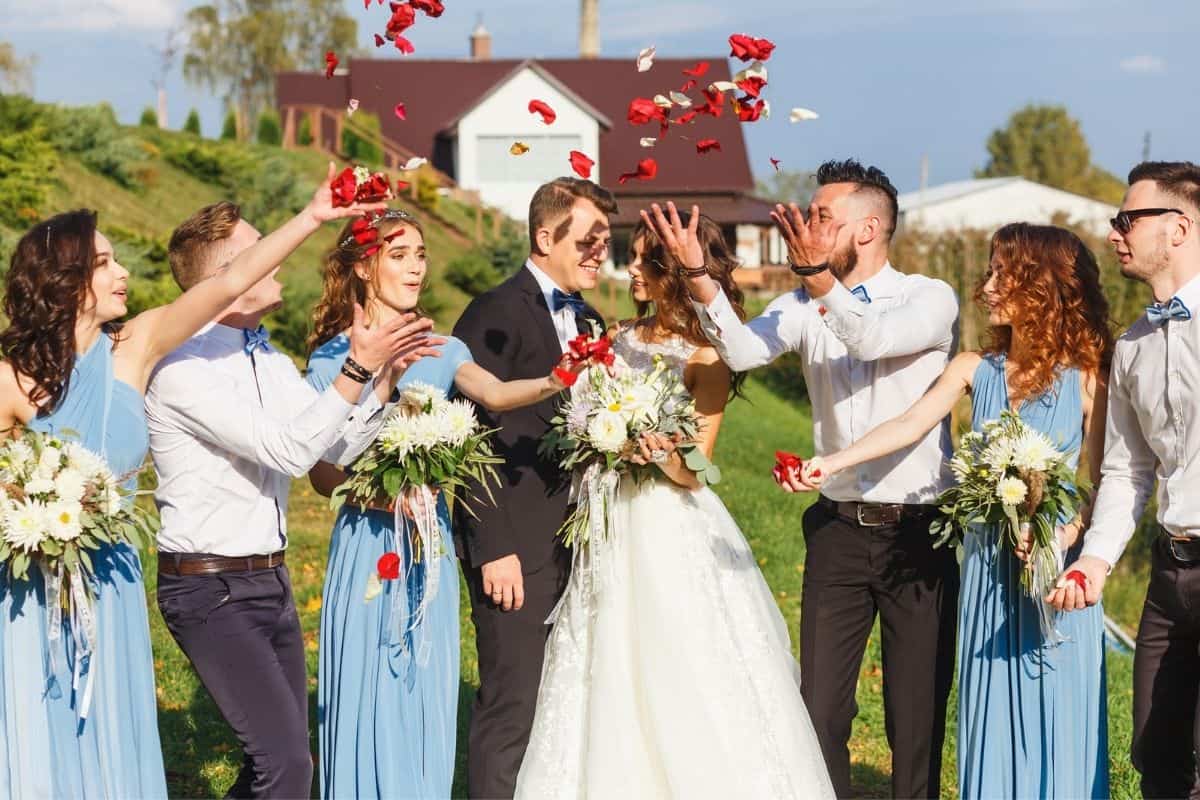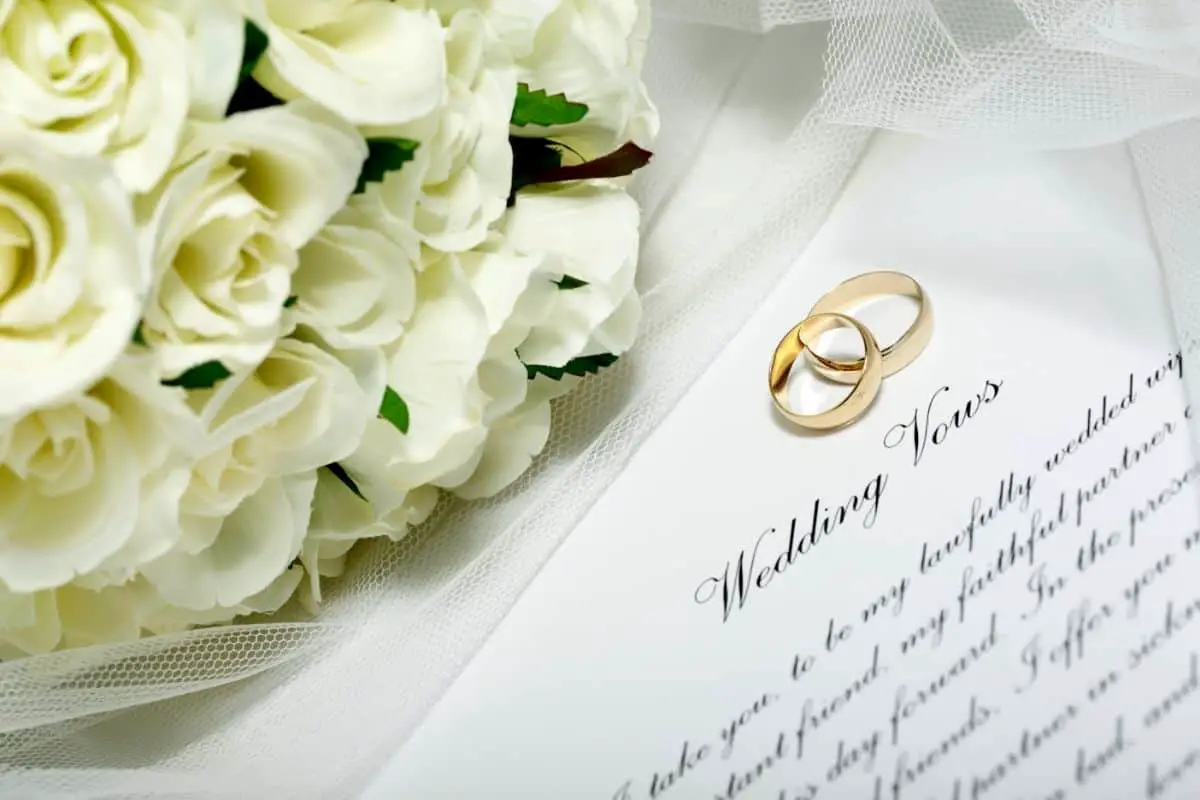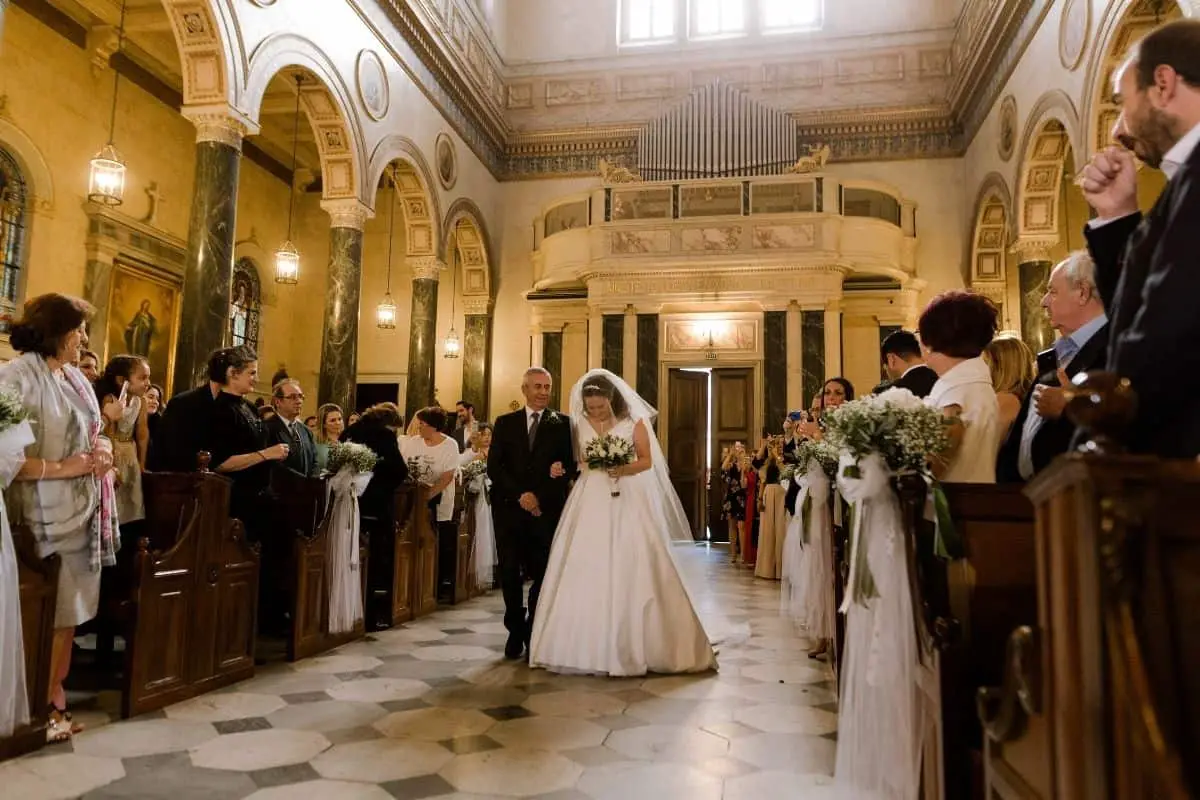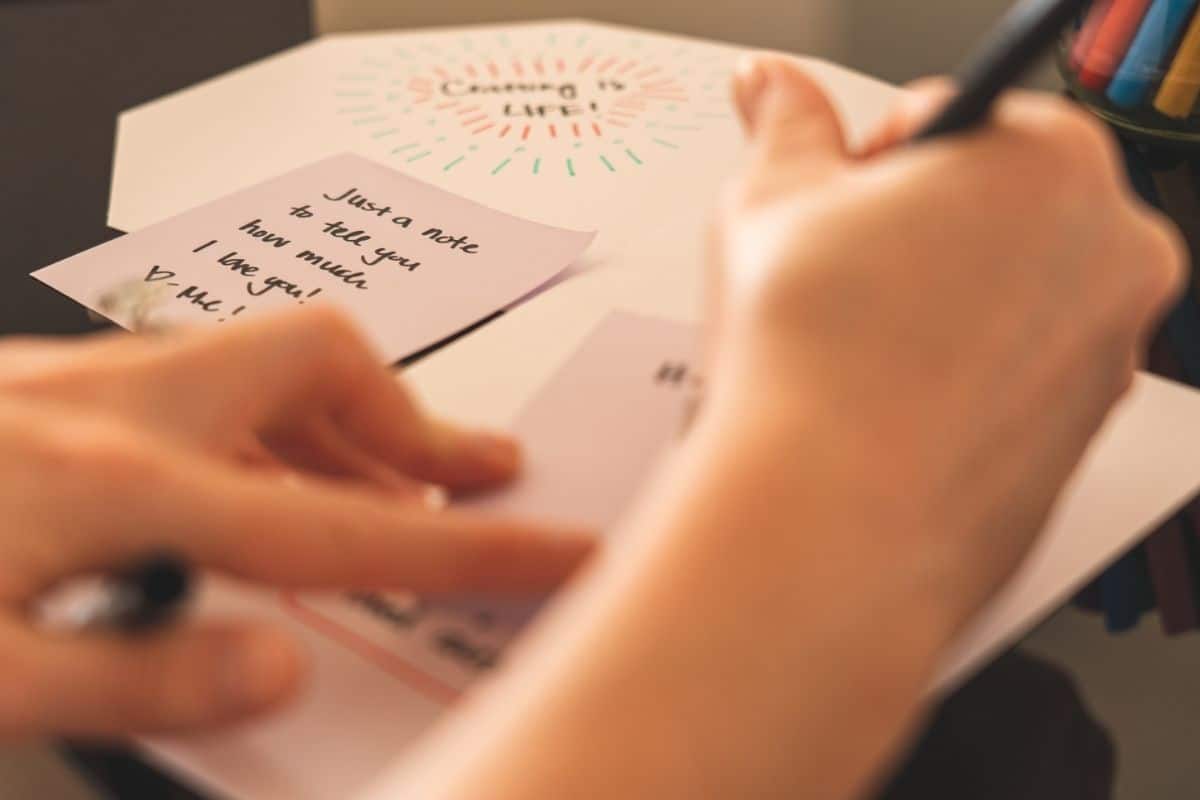Weddings can be a very confusing time -for everyone involved. There’s always so much going on, and not enough time to focus on anything for too long.
![How Long Are You A Newlywed? [What Does The Term Even Mean?] 36 How Long Are You A Newlywed](https://magicaldayweddings.com/wp-content/uploads/2022/05/How-Long-Are-You-A-Newlywed.jpg)
When a wedding finally comes around, you’ve probably noticed the two married parties referring to themselves as “newlyweds”. The question is – what does that even mean?
If you’re wondering the same thing, you’re in the right place. We’re going to be looking at what the term “newlyweds” means, and how long you are considered to be a newlywed!
Generally, this term refers to two people during the first six months to a year of marriage, but this can vary. Want to find out more? Keep reading.
What Does The Term “Newlywed” Mean?
Simply put, “newlywed” is a noun that is used to refer to a couple who “have recently entered into a marriage”.
It’s a pretty ambiguous term, because to some, a marriage is ambiguous! If you’re looking in the Cambridge Dictionary for a meaning to the word (we don’t blame you), that is what it would say.
However, if you looked somewhere like vocabulary.com, you would get this:
The word comes from a popular early twentieth-century comic strip about characters named Mr. and Mrs. Newlywed called “The Newlyweds and Their Baby”.
If you’re wondering about the comic strip, it’s been around since at least the early 1900s, so the term is pretty old!
However, we can gauge that the term is simply a word that is used to refer to people who have just gotten married, how sweet!
How Long Are You Considered To Be Newlyweds?
![How Long Are You A Newlywed? [What Does The Term Even Mean?] 37 How Long Are You A Newlywed](https://magicaldayweddings.com/wp-content/uploads/2022/05/How-Long-Are-You-A-Newlywed-4.jpg)
As we briefly mentioned, you are usually considered to be a newlywed for the first six months to a year of marriage.
Some people might extend this to the first two or three years, though! It’s a personal decision, and there doesn’t seem to be one right or wrong answer.
No one would care if you referred to you and your spouse as newlyweds after being married for 5 years, just do what makes you happy!
We bet you’re just grateful that the stress of the wedding itself is over – it’s a lot to deal with.
Is “Newlywed” Or Newlyweds” Correct?
You might refer to yourself as a newlywed, but when you’re talking about you and your spouse, you are newlyweds.
This is because the latter term is referring to both you and your spouse, hence the plural “s” stuck on the back!
So, if you were worried about getting the two mixed up, it’s okay! It’s an easy mistake to make, just remember that the newlyweds with an “s” is the right term when you’re talking about you and your partner.
Only use newlywed without the s if you are talking about yourself.
What About A Bride And A Bride-to-be?
There’s also a little confusion around the term “bride” and “bride-to-be”, and we get it!
When it comes to this, the term “bride” is used to refer to the female individual in the situation (but you can call yourself a bride, no matter who you are, if you like!).
You will be called a bride on the day of the wedding, or perhaps even the night before the event.
When you are engaged and planning the wedding, or anything up until the day before (or the day), you are a bride-to-be.
It refers to the woman in the scenario from the moment they intend to be a bride one day in the future.
Once you are married, you become a newlywed! Sometimes on the day after you get married, you might still be referred to as a bride, but this isn’t always the case.
A lot of it comes down to the traditions of families and friends!
Final Thoughts
The road to a wedding can be a pretty long and tough one, but it’s all worth it in the end! Now that you know a little more about the terminology used around weddings, how do you feel about it?
Do you have a wedding that you’re looking forward to, or are you just curious about it all? Let us know in the comments below!
- Maid of Honor vs Matron of Honor: Understand Their Roles and How to Choose - October 15, 2023
- Can I Wear Champagne to a Wedding? - September 24, 2023
- Letter to Your Daughter-In-Law on Her Wedding Day - September 22, 2023











Leave a Comment